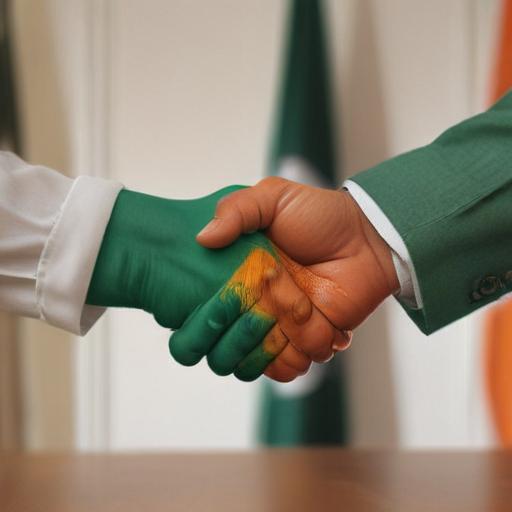Tensions continue to rise between India and Pakistan following a missile strike incident that partially damaged a mosque on the outskirts of Bahawalpur, Pakistan. In a statement, a senior Pakistani government source revealed that Pakistan is holding off on retaliatory actions as it awaits the outcome of diplomatic efforts spearheaded by allies, including the United States and Saudi Arabia, aimed at de-escalating the situation.
The source emphasized Pakistan’s commitment to diplomacy, refuting Indian claims that Pakistan had launched attacks with missiles and drones against military targets in India and Indian-administered Kashmir. “It’s a fantastic and cooked-up story. You can just laugh about it,” said Ahmed Sharif Chaudhry, a spokesperson for the Pakistani military, who also accused India of inflating the situation.
On the other side, Indian officials have reported explosions in Jammu and Pathankot, cities in Indian-administered regions, leading to heightened military alerts in those areas.
As both nations navigate this precarious situation, diplomatic channels remain open. U.S. Secretary of State Marco Rubio has engaged in discussions with leaders from both countries, advocating for direct dialogue and emphasizing the importance of improved communications.
Despite the heated exchanges and accusations, the lack of direct contact between India and Pakistan presents an opportunity for future negotiations. Global leaders continue to call for restraint and constructive discourse as a means to prevent further escalation.
This developing situation highlights the critical role of international diplomacy in mitigating conflict and suggests that through dialogue, there is hope for a peaceful resolution to longstanding tensions in the region.
